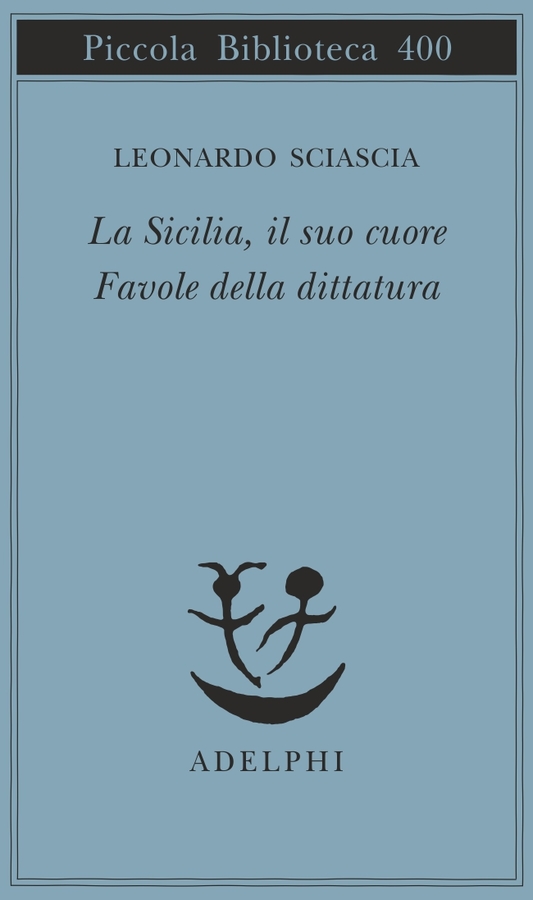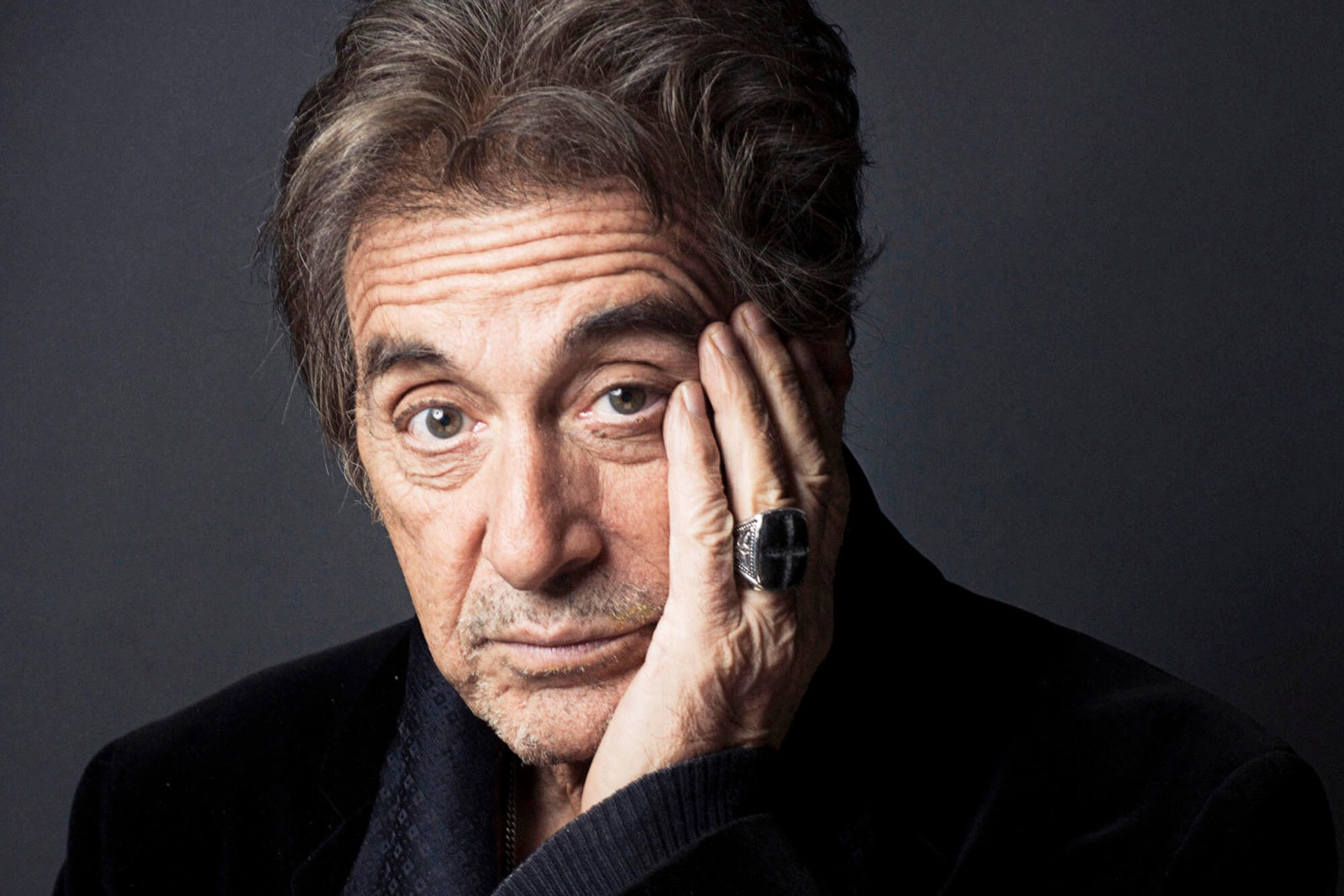Sciascia, Orwell and the power of fables
Nobody challenges the power’s lies as poignantly as children do. Their purity, that comes from their age and dreams, has always been the most feared weapon by regimes, past and present. It is no coincidence that, comics, nursery rhymes and fables have often told with unmerciful sincerity what even the great literature was shamefully not able to see. Leonardo Sciascia knew this well. The gruff and serious author of crime novels and essays, in fact, started his career with a collection of fables. Taking his cue from that George Orwell, who before 1984 had carried out a merciless critique of the Stalin’s Russia in Animal Farm, our countryman developed a moral and civil awareness that would accompany him, always contrarian and unrelenting, throughout his life. Sciascia, almost a spiritual heir of the British writer, in 1950 wrote a tribute to the colleague who died a few months ago, published in the newspaper La prova. In the same year, in the columns of the same newspaper, appeared La Sicilia, il suo cuore. Favole della dittatura (The Heart of Sicily. Fables of Dictatorship): twenty-seven irreverent tales, with animals as characters, that begun with a quote from Orwell.

“There was a great moon. The greengrocer’s dog and the rabbit, separated by the barbwire, negotiated quietly. The rabbit says: You don’t eat vegetables. The owner just gives you bran and kicks. You could calmly sleep at night, you could leave me some peace between vegetables and melons. Although you scare me, it doesn’t mean that your condition is better than mine. We should recognize ourselves as brothers. The dog listened, lying lazily, with its snout on the paws. And then the dog says: You say the truth, but for me there’s nothing worth the fun of scaring you”. With this mordant style, grotesque and caricatural, while maintaining the usual linguistic conciseness which also captured the enthusiasm of Pier Paolo Pasolini, Sciascia denounced every form of arrogance and dominance, even those seemingly innocent and institutionalized. Because, if it is true that, unlike Orwell, the writer from Racalmuto has already behind the atrocities committed by totalitarianisms in Europe, the same cannot be said of the scars left on the still confused consciences. In his fables, Sciascia not only brings the mission of stigmatizing past horrors, but to denounce its offshoots, to bring out those feelings of hate and intransigence that are confined in the dungeons of the soul but equally dangerous. He doesn’t spare, with his clinical and merciless eye, neither the ambiguous palace maneuvers of the early years of the Republic nor the political ambitions of a Church that had instead provided ideological and cultural ammunition to the fascist regime. Sciascia identifies the scourge of unbridled search for consensus. An obsession that, beyond the metaphor of the dog and the rabbit, results at first into a chase after approval and then turns into legitimization of arbitrary exercise of power. Humans, like faithful dogs that passively accept owner’s abuse, need to belong and feel involved in a project as fictitious as it is capable of illuding them. But, above all, to be masters in their turn. Orwell’s famous motto comes to mind: “All are equal, but some are more equal than others”. A motto that Sciascia made his own and by which he came to the awareness that winners and losers will always exist and that each revolution simply leads to an exchange of roles. “For many years, when bored lying at the feet of his owner, the dog had loved the fresh feeling that the shoes gave him: the owner always used good turpentine paint. So, slowly, the thought of kicks, received or to be received, merged with that pleasant smell and acquired a certain voluptuousness. The kick became just a smell”.
Let’s keep on reading fables and to be captivated by these upside down and improbable worlds, that even if they seem to dissuade readers by depicting unusual situations, point directly to our responsibilities. In hyperboles, believed Sciascia, truth can move unhindered, fight and be heared. Fiction is a mirror that reflects how things truly are. Wouldn’t this be, almost thirty years later, the same principle with which Candido Munafò will refuse to call himself the son of anyone but himself? Rulers, along with their promises, come and go, but freedom, once sold to the highest bidder, is seldom returned to us. After all, this doesn’t even happen in fairy tales.
Translated by Daniela Marsala



